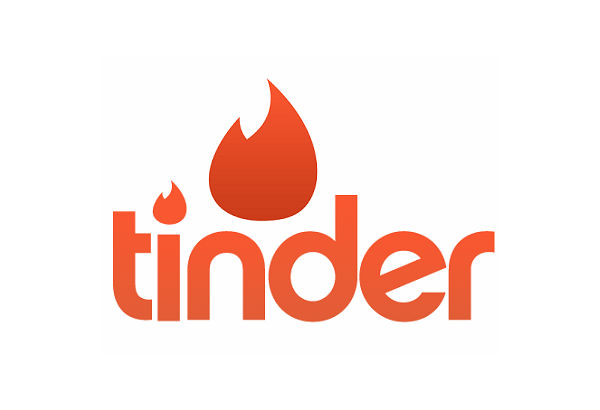 |
| (www.dyingmatters.org) |
Friday, July 31, 2015
Burning Out: How to Survive at Work During a Personal Crisis
Wednesday, July 29, 2015
Yik-yak and Tinder; Newest Social Media Platforms?
While these two apps might not seem immediately conducive to us in the public relations world, I have already seen examples of how they can be. On Tinder, every so often you will get an advertisement instead of a person; if you swipe right on the ad it will give you more information about it. The last one I heard about was ads for an upcoming Jason Derulo concert, swiping right would bring you to a page where you could enter to win free tickets. Both of these apps are definitely aimed at college- age people, so any company or product that wants to reach those audiences should make use of these apps. Yik-yak has started introducing hiring people to be their brand ambassadors on college campuses; intended to promote usage of the app. Since anyone is able to post to the app as long as they are within a certain area, it should be easy to create and upload posts by any PR professional, looking to expand their company's social media presence.
Have any thoughts on Yik-yak or Tinder as social media? Let us know in the comments, we would love to hear from you!
This post was authored by Faiz Mandviwalla, a senior at Temple University and an Assistant Firm Director with PRowl Public Relations. You can follow him on Twitter here.
Sunday, July 26, 2015
Education Vs. Experience: How Combining the Two Could Maximize Your Career
This guest blog post was written by PRowl staff member Victoria Goins.
Saturday, July 25, 2015
How to Engage Millennials
This guest blog post was written by PRowl staff member Taylor Carnard.
Friday, July 24, 2015
Is a Personal Website More Important Than Ever?
Saturday, July 18, 2015
How to keep your brand relevant
In today’s society, trends can come and go in the blink of an eye. Cellphones that sold out on their release dates 2 years ago are now distributed for free with a prepaid data plan, and music artists that dominated the top 40 radio stations last summer are now struggling to sell copies of their albums. With such a rapidly changing environment, relevancy is the most powerful tool a brand can possess in order to remain successful and continue to grow. Here are three techniques that companies have used and continued to use in order to stay in the public eye.
Many companies focus their efforts on being as unique and different as possible in an effort to differentiate themselves from their competitors. However, it can be just as beneficial to keep an eye out for the newest trends and use their popularity to your advantage. Snapchat is a great example; the social media app has become increasingly popular, so artists and companies in turn have created Snapchat accounts as a newly emerging method of marketing. Celebrities might use their Snapchat story it to show their fans an interesting behind-the-scenes look at their daily lives, while magazines such as Cosmopolitan and People use the new Discover feature to reach out to a different audience.
A smart, unique way that companies have been able to stay relevant is by referencing current pop culture events; as a company, this is a great way to relate to your audience and appear up-to-date. The team behind the Oreo cookie Twitter account, for example, made headlines during the 2013 Super Bowl for their quick, improvised marketing efforts. Many sports fans remember the sudden blackout that put Super Bowl XLIX on hold for a good 15 minutes. Oreo took advantage of the confusing moment to tweet out an advertisementwith the tagline “You Don’t Have to Dunk in the Dark” The spur-of-the-moment ad was retweeted over 10,000 times, leaving many wondering how Oreo managed to make it all happen.
Many people have heard the saying “If it ain’t broke, don’t fix it” This rule does not usually apply in the business world; in a world with constantly evolving technology, it is not always a good idea to stick with the same old methods. Instead, it is more important to continuously adapt in order to keep up with your competition. This is a mistake that has caused the downfall of many different companies. Blockbuster, for example, was knocked out of existence when more convenient alternatives such as Netflix started to appear, allowing customers to watch and order movies without ever having to leave their house.
By adapting to new technology and paying attention to what is popular within the market, a company will be able to prevent themselves from being forgotten in a world where new and modern companies are constantly emerging. Any brand that is able to stay relevant will be sure to have long term success within the market.
This guest blog post was written by PRowl staff member Dylan Rhudd.





